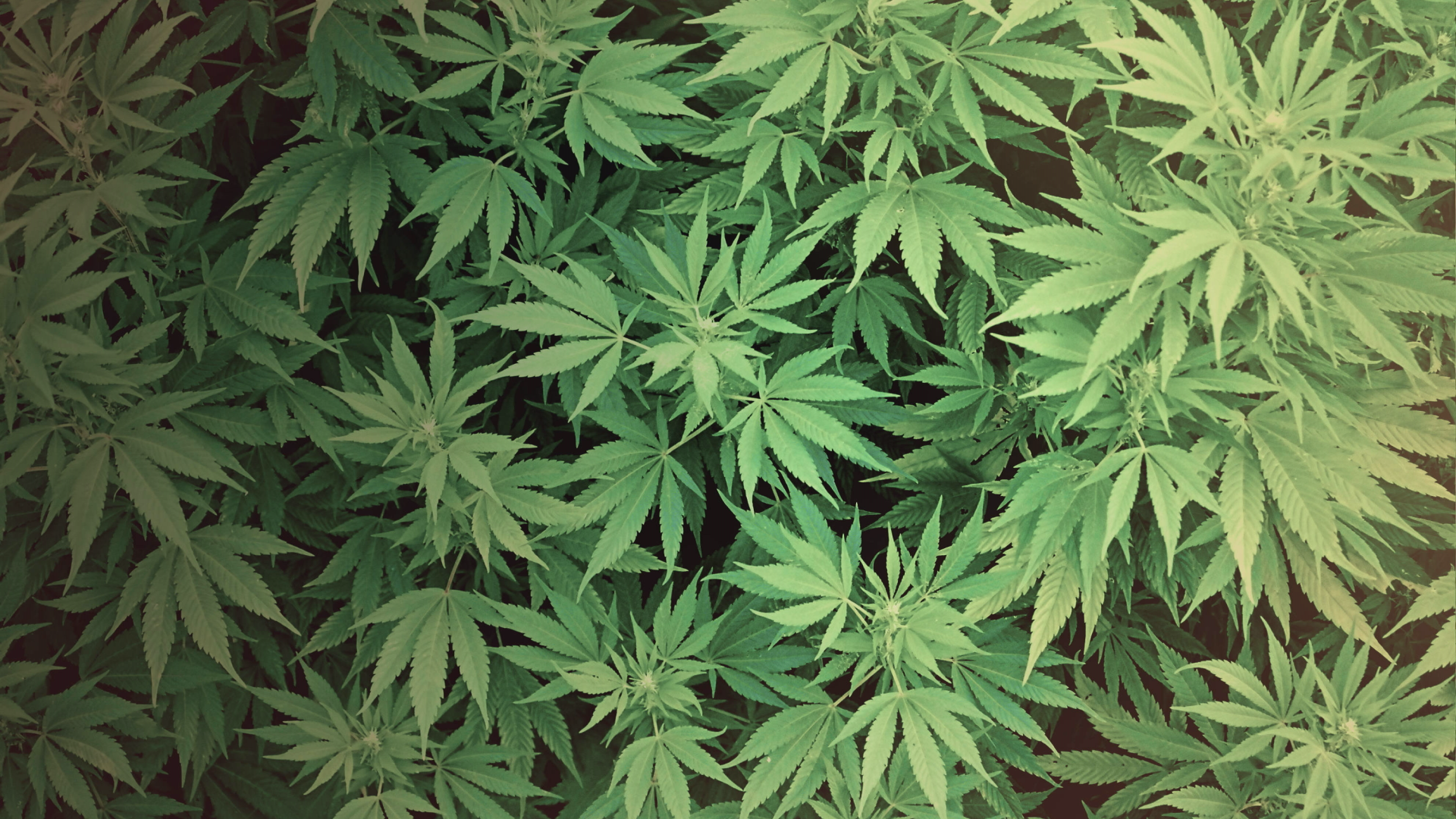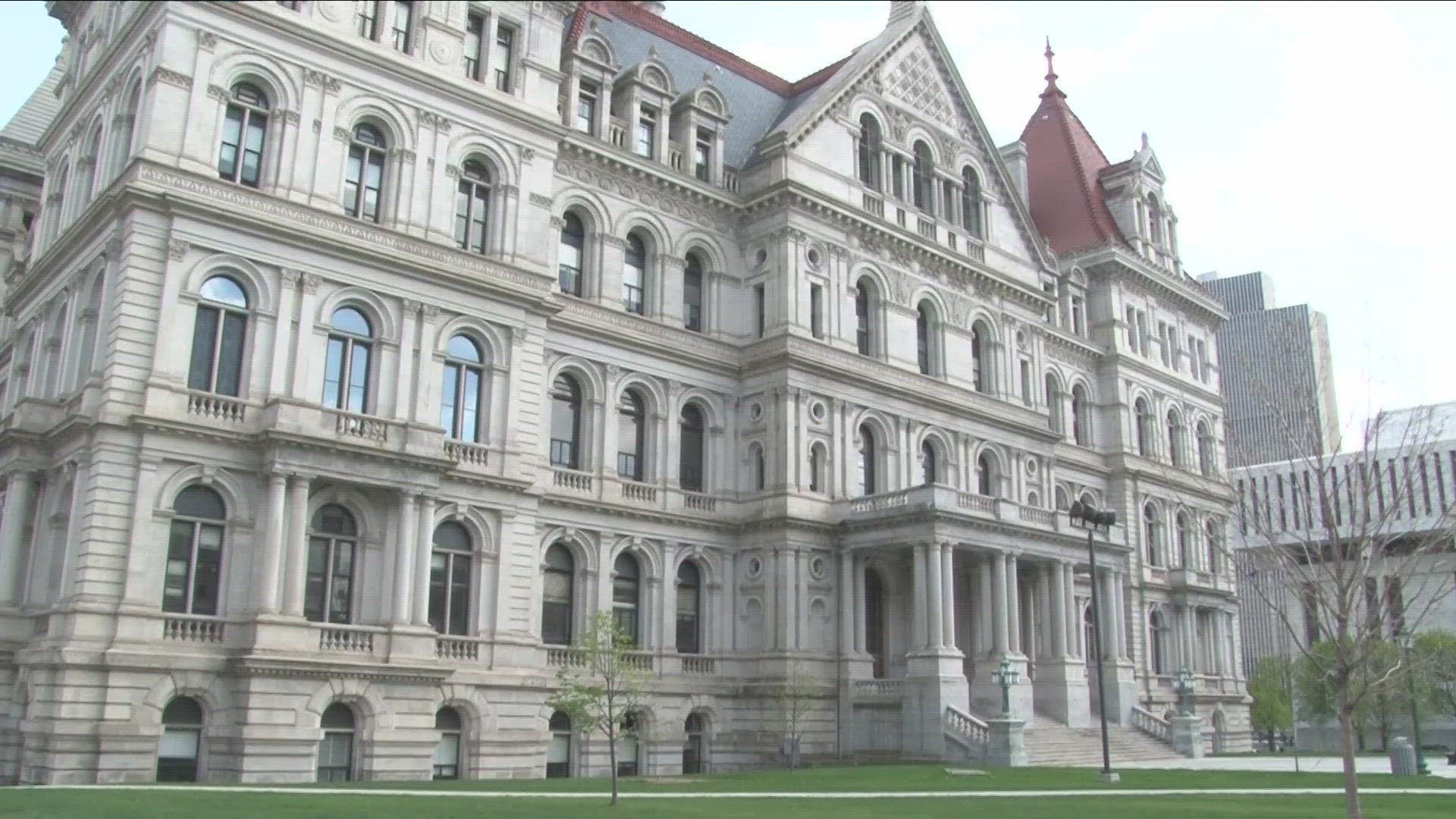What would legalized recreational marijuana mean to New Yorkers?
Gov. Andrew Cuomo said on Tuesday that he wants a study to answer that question — and not just for the adults 21 and older who choose to use. Enacting the Marijuana Regulation and Taxation Act or a variation would change laws regulating many aspects of life in New York.
Here are some questions that await the results of the governor’s commission:
What could the buying experience be like? Mary Jane Kruger lived in Oregon, where recreational marijuana has been legal for personal possession since 2015 and commercially since 2016.
The product could be bought only in licensed stores and could not be consumed in public. “I couldn’t walk down the street and smoke a joint,” said Kruger, who is back in Rochester and an organizer with Roc NORML, a new chapter of the marijuana advocacy organization.
She said products were labeled and store staff advised customers as a sommelier guides someone buying wine. “They gave me some direction for me to make my own responsible decision as an adult. … They’re not trying to get you as high as they can.”
How much money could the state make? Potentially hundreds of millions of dollars.
The Colorado Department of Revenue reported marijuana taxes, licenses and fees for medical and recreational products generated total revenue of about $247.3 million for the calendar year 2017. Retail sales began in February 2014, and the revenue from that year was about $67.5 million.
From January 2014 through June 30, 2017, the Colorado retail marijuana sales tax rate was 10 percent. The state took 85 percent and local government got 15 percent. Starting last July 1, the sales tax went up to 15 percent, with the state taking 90 percent of the total collected.
For some sense of comparison, New York had about $275.4 million in state and local alcoholic beverage tax revenue in 2015, according to the Tax Policy Center of the Urban Institute & Brookings Institution.
Former Erie County Executive Joel Giambra, vying for the Republican nomination for governor, said legalizing marijuana and using the revenue is a more appropriate way than raising taxes to solve some fiscal problems like the state's crumbling infrastructure. Giambra made his comments Monday, the day before Cuomo's budget announcement.
Is there a hidden cost? Carl Hatch-Feir, president and chief executive officer of Delphi Drug and Alcohol Council, said he’s heard arguments that marijuana is a revenue stream and also that it leads to accidents and other problems. Hatch-Feir said he didn’t have enough information to know whether legalization was an overall win or loss. He said the decision about legalization has to be based on scientific evidence from the federal Food and Drug Administration or a state agency using the same scientific process.
What does this mean for DWI laws? Trooper Mark O’Donnell, spokesman for the New York State Police Troop E, said law enforcement will wait for the law to be enacted before answering specific questions. But he compared marijuana to alcohol.
“If you can legally possess it and you’re taking it and you’re driving, you can be arrested for driving with ability impaired by drugs,” he said. “Just like alcohol is legal to drink it, but you can’t drink and drive.”
What’s the effect of recreational marijuana at work? “The experience in other states, to my knowledge, has not been as big an impact as some have anticipated,” said Paul Keneally, a partner with Underberg & Kessler in Rochester and chairman of its labor and employment law practice group. “Hopefully, in many cases employees who are choosing to use recreational marijuana are doing it in a responsible fashion.”
Keneally said that because of marijuana’s past, some employers may be reluctant to see it on a par with alcohol. “If an employee is using marijuana on a Saturday and reports to work Monday sober, that’s the same as if the employee was using alcohol on Saturday and reported to work sober.”
He said the opposite also applies — it’s not acceptable for an employee to show up with signs of marijuana use or with alcohol use.
Can you get a second-hand high? “The easy answer is probably not,” said Melinda Lull, who holds a doctorate in pharmacology and is an associate professor in the Wegmans School of Pharmacy at St. John Fisher College. “The only way that someone would get that contact high would be if somebody was directly blowing smoke in their face at high levels.” But there are issues of second-hand smoke. “Some of the compounds that are produced when tobacco burns are similar to those things that can be produced when marijuana burns. Things like carcinogens that are in tobacco smoke, some of those things can be in marijuana smoke, too.”
Are marijuana and alcohol equally addictive? Lull said scientists are finding that marijuana activates the reward centers in the brain and can be addictive. She said legalization doesn’t make marijuana a benign substance and the discussion about marijuana has to include the same regulatory issues as alcohol.
Would the existing medical marijuana dispensaries sell recreational products? That's how it works in some places, but it's not known if New York would allow that.
Columbia Care manufactures medical marijuana and has a dispensary at Eastman Business Park. Chief Executive Officer Nicholas Vita sent this statement: “Columbia Care is committed to offering patients in Rochester and across the Empire State a natural treatment option through our portfolio of medical marijuana derived products that are safe, consistent and manufactured to stringent quality standards set by the New York Department of Health. We continue to focus our efforts on delivering New Yorkers the first-class, expert medical products and services they deserve.”
A spokesman for Fiorello Pharmaceuticals, which is scheduled to open a dispensary in the first quarter of this year, declined to comment.
What are the laws in neighboring states that are influencing New York? The federal government classifies the THC in marijuana the same as it does heroin, and it’s illegal to bring marijuana across state lines.
Vermont’s Senate approved a recreational marijuana bill earlier this month, making it the first state to use the legislative process to legalize the drug. Other states have put it to a public vote. Vermont law would allow adults 21 and older up to 1 ounce of marijuana and two mature plants or four immature plants. The law does not include mechanisms for taxing and regulating production and sale, according to the Associated Press.
In Massachusetts, adults 21 and older can have up to 1 ounce outside their residence and up to 10 ounces inside their residence. Adults would not be able to buy marijuana until a recreational dispensary opens, which could be as earlier as June.
The province of Ontario in Canada could legalize recreational marijuana by July for adults 19 and older.
Pennsylvania and Ohio allow medical marijuana.
Washington, Oregon, California and Nevada are among states where consumers can buy recreational marijuana.
Includes reporting by WGRZ-TV.
PSINGER@Gannett.com


